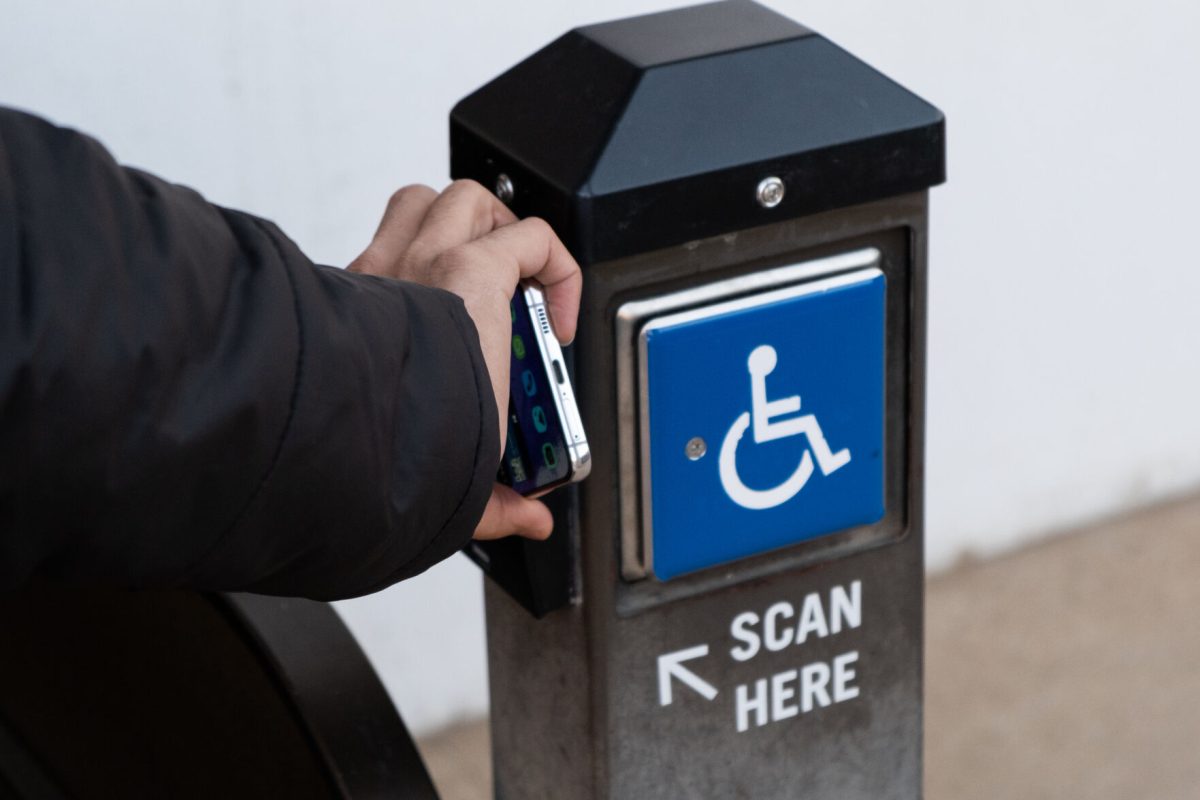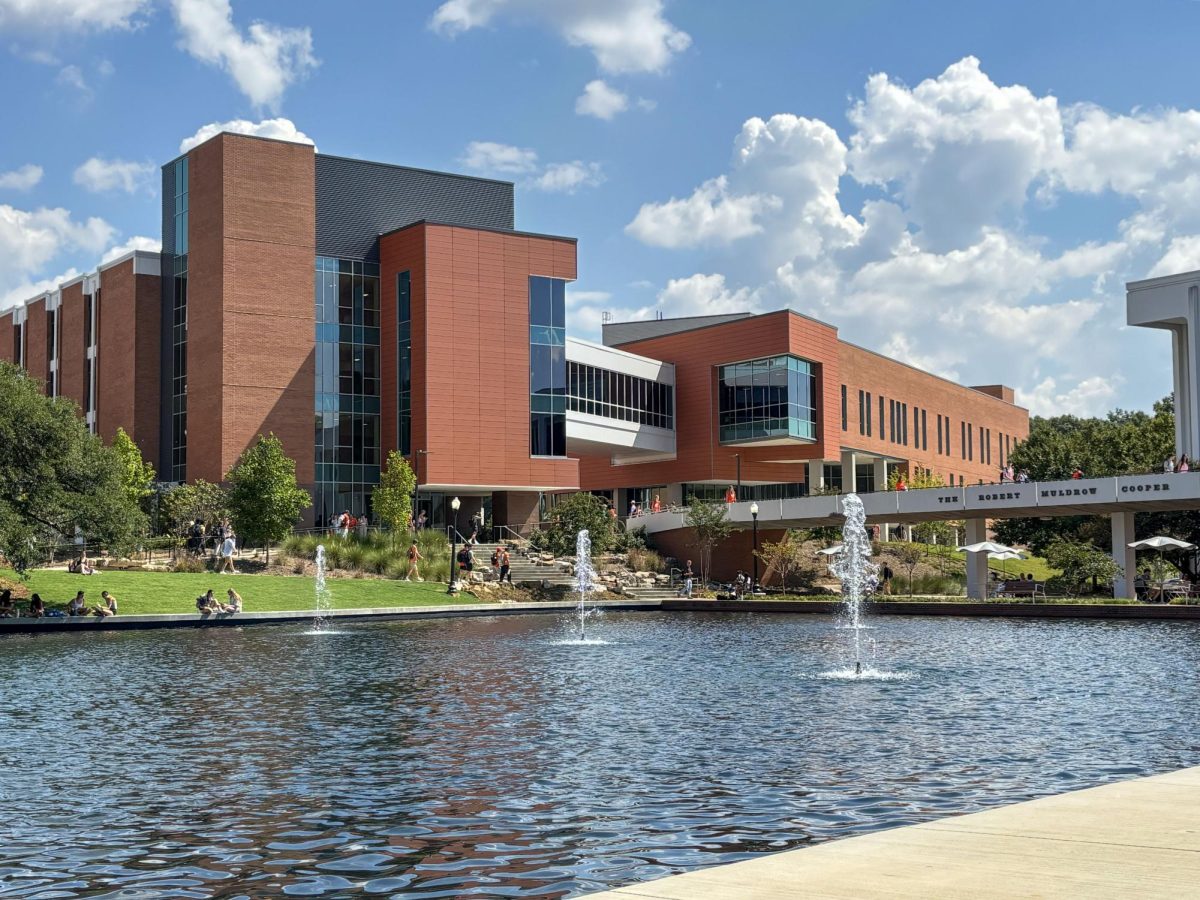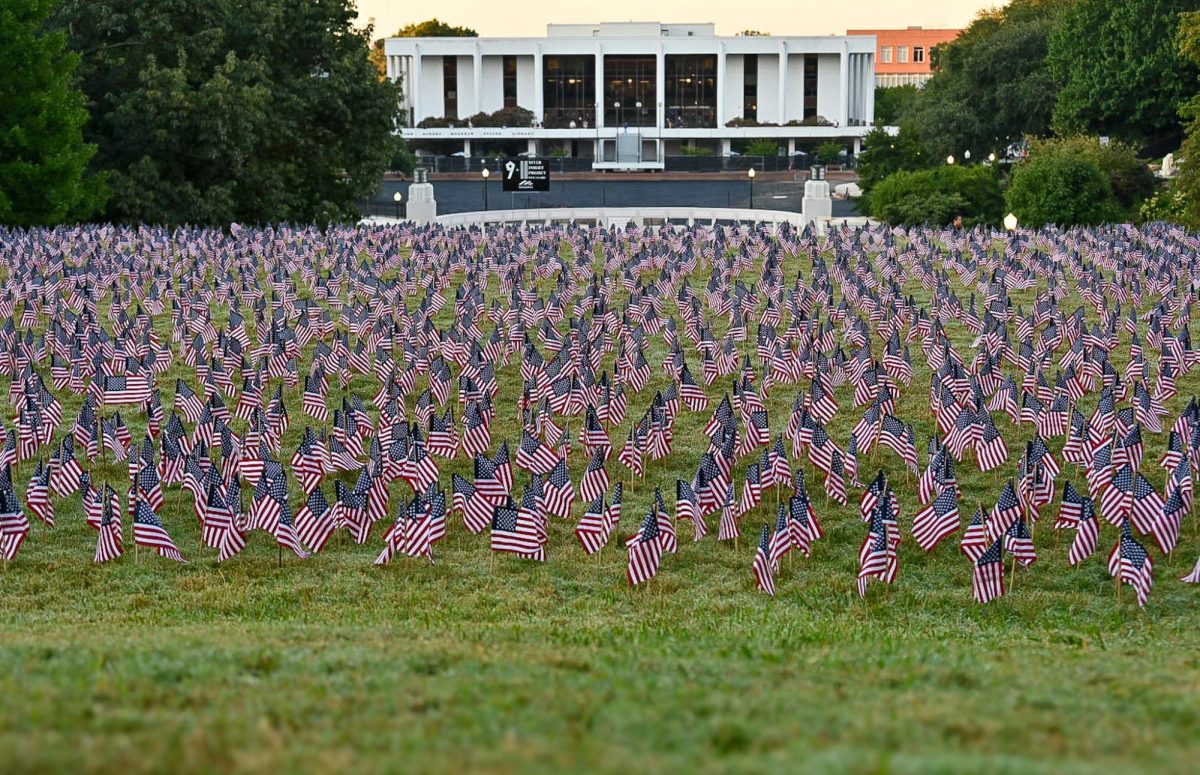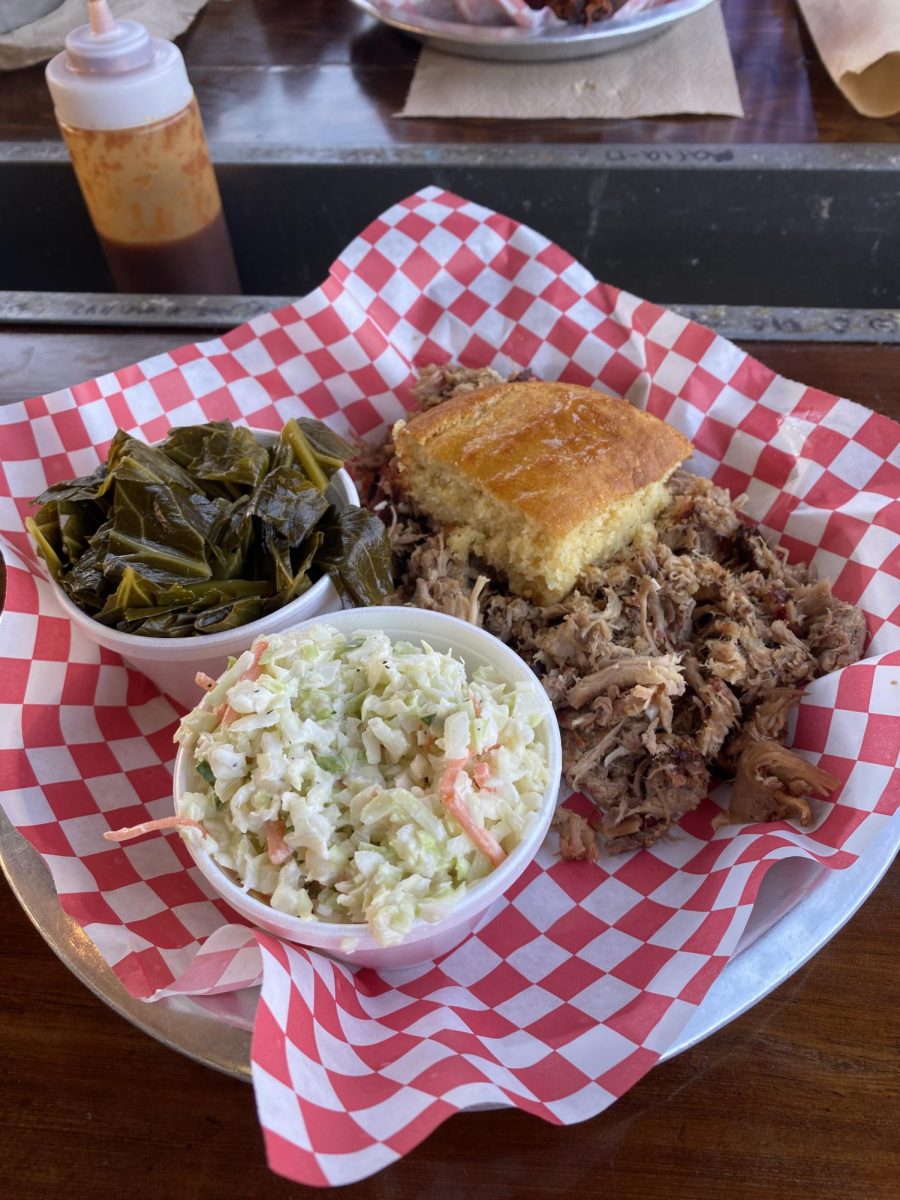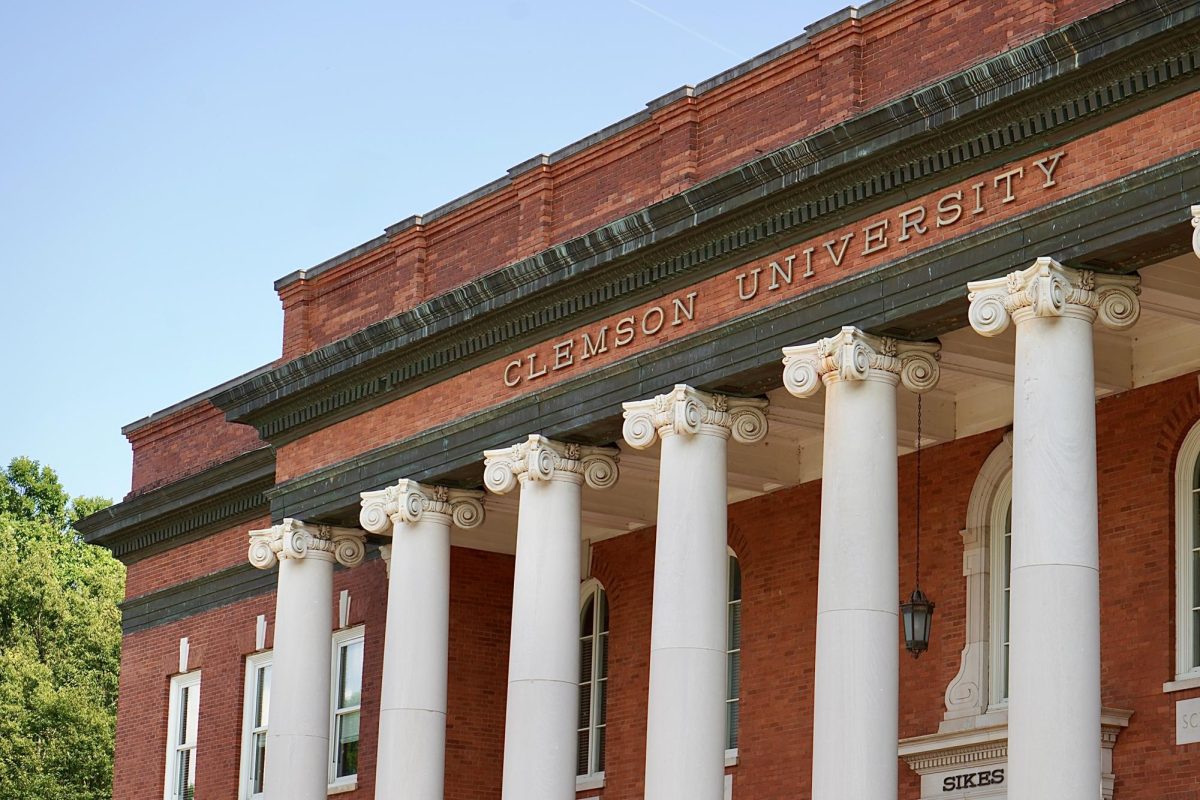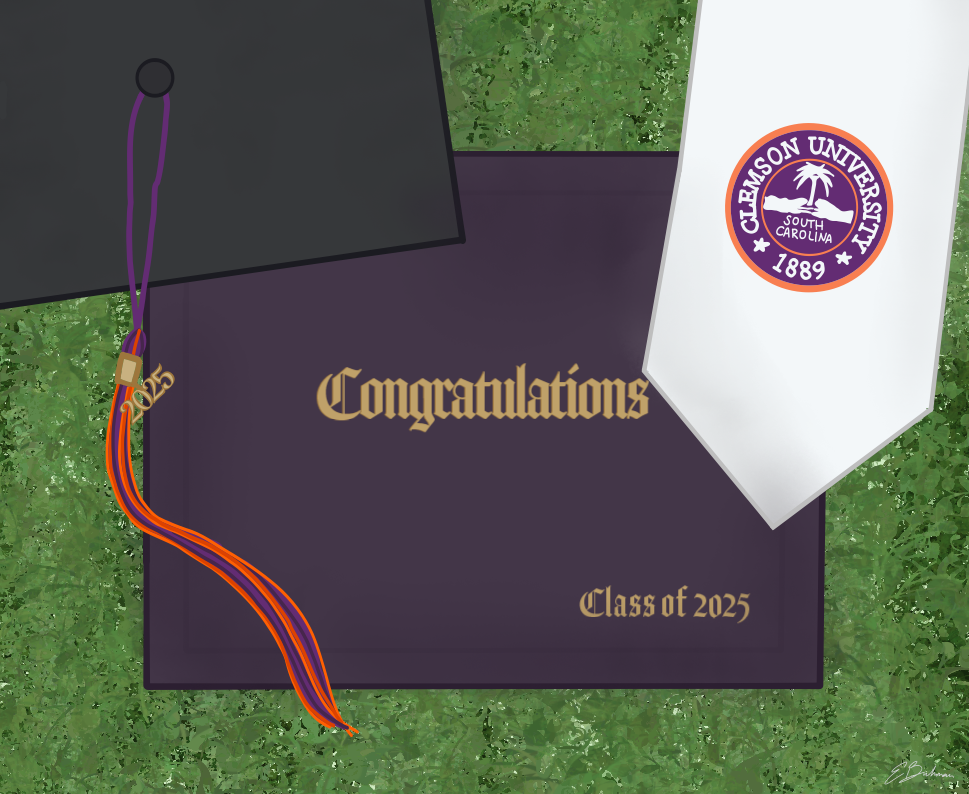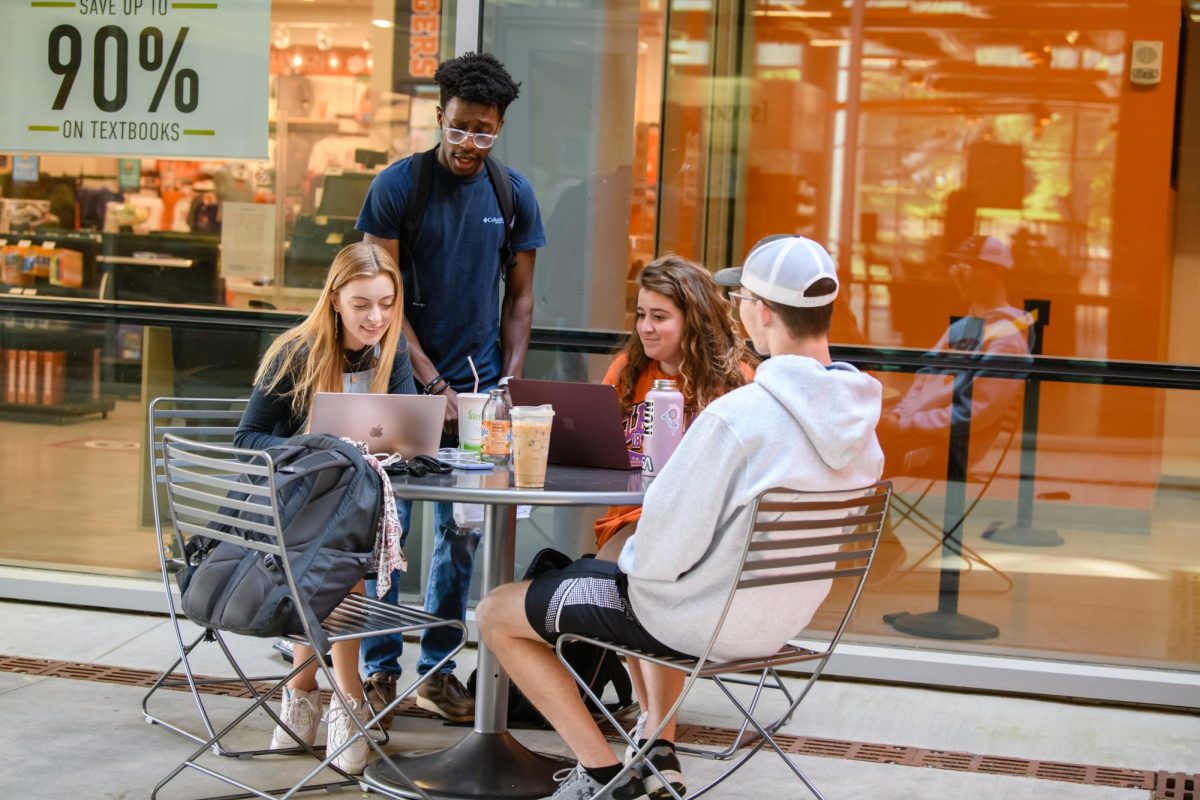Clemson University recently announced that they are installing lockdown buttons in all classrooms in the event of an active shooter emergency. This comes as the University has also installed card scanners outside many classrooms and locked all campus buildings to card access only, including the library.
While I support additional safety measures to protect students, faculty and staff, I have some concerns about the efficacy and consequences of these changes.
For starters, it is likely that an active shooter would be a university student with card access to a building and the classrooms within it. The majority, 90%, of K-12 shooters are current students at the school, according to a 2019 report published by the Secret Service. In addition, many students follow one another inside without scanning — a vulnerability that an active shooter could utilize.
The risk diminished by locking down the library and other campus buildings brings worse consequences, such as reducing community access (as mentioned in an editorial The Tiger published last year), limiting study space and hindering privacy.
First, this University is a publicly funded, land-grant institution. Central to its mission is to “develop the material resources of South Carolina,” including its libraries and access to education. By making access for non-student citizens more complicated, the University is going against its founders’ vision of the campus and doing a disservice to the state of South Carolina.
Second, the University is already limited in study space, a problem that will only worsen once the student union is torn down. Locking classrooms means that students cannot study in those rooms when they are not occupied unless they’re reserved. The reservation process is not accessible for most students, be it for lack of form or availability.
Peer institutions like Georgia Tech, the University of Virginia and the University of North Carolina at Chapel Hill have enabled 24-hour academic building and library access for students to mitigate these concerns, as noted in a recently proposed Student Senate recommendation. This is an excellent option for the University to consider, given that only select groups of students have 24-hour access to buildings on campus.
Third, requiring students to scan into all buildings also presents privacy concerns. TigerOne has told The Tiger they only retain access records for troubleshooting, but the Clemson University Police Department and the administration have used card access logs in numerous investigations. Since the records are housed within the University, this may be possible without a warrant or necessary due process.
Let me be obvious: I am not against safety. I am against precautionary measures being taken in the name of “safety” without evidence that they will lead to a safer campus.
David Ferrara is a senior economics and philosophy major from Shelton, Connecticut. David can be reached at [email protected].



